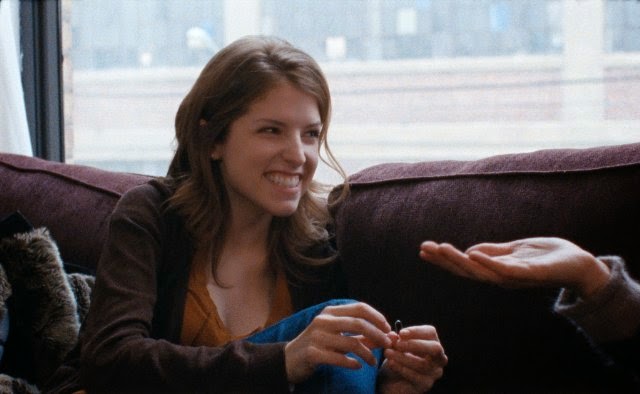 |
| Bruce Dern (left) and Will Forte in "Nebraska." |
In "Nebraska," Bruce Dern—in his
Oscar-nominated performance—plays a curmudgeonly septuagenarian named Woody
Grant who journeys from Billings, Montana to the capital of Nebraska convinced
he has won a million dollar sweepstakes prize. Will Forte plays his youngest
son, David, who after several unsuccessful attempts to dissuade his dad reluctantly
agrees to take a few days off from his job at an electronics store in order to
drive the old man, all the while knowing the whole thing is a scam and there is
no money waiting in Lincoln.
On hand as Woody’s petulant, long-suffering yet
good-hearted wife is June Squibb, stealing scenes with sarcastic barbs aimed
mostly at her husband but also anyone else who manages to rattle her irascible
sensibility; Bob Odenkirk is older son, Ross, an ambitious television news
anchor; and Stacy Keach is Woody’s duplicitous old friend and business partner,
who before realizing the truth—like several other bumbling characters that turn
up—swoops in to negotiate for a chunk of Woody’s fortune.
Director Alexander Payne’s odd, funny road movie is a
surprisingly touching and sensitive story of a father and son coming together
as the older generation nears the end of life. It's also a strange comedy,
playing a lot of the oldster's absent-minded behavior for laughs, but with a sense
of dignity and humanity. The movie, from a script by Bob Nelson, gets a little
uneven when trending toward absurd farce, but still works.
The performances are all top-notch. Ironically, while
Dern took most of the credit with his Oscar nod, it’s Forte here who really
stands out. The former SNL alum proves unexpectedly adept at playing it
straight; his turn as the infinitely patient and generous son is given to
moments of subtlety and reserve that are quite moving.
Perhaps the most distinguishing characteristic of
“Nebraska” is that it was photographed in black and white, lending it even more
of an air of curiosity. The crisp, muted visuals effectively capture a dusty
landscape full of seemingly endless swaths of emptiness, a sleepy look that seems
to suggest fading memories and time slipping away.
Ultimately, “Nebraska” isn’t quite as memorable as Payne’s best work—the standard is pretty high with past entries like “Election” and “The Descendants”—but it has special moments and he remains one the best and most interesting of American comedy filmmakers.













